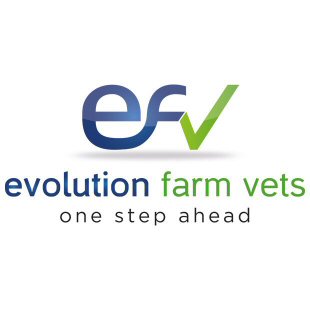Cryptosporidiosis is most commonly caused by the small protozoan parasite Cryptosporidium parvum. This is transferred either faecal-orally or through a contaminated water supply. It infects the epithelial lining of the digestive tract where it reproduces and oocysts are shed in the faeces after about a week (pre-patent period). Cryptosporidiosis is zoonotic and can infect many other species as well as calves, such as lambs, pigs and foals.
Clinical Signs
- Diarrhoea – unresponsive to treatment and lasting longer than would be expected with viral (Rotavirus, Coronavirus) or bacterial (E. Coli) causes
- Dehydration
- Weight loss
- Can be very severe and lead to death in young calves or be asymptomatic in adult animals
Tests
- Faecal samples – oocysts can be detected in faeces using light microscopy or by faecal flotation techniques (more sensitive, 83%).
- Post mortem examination – Sometimes intestinal lesions may be seen if the calf has had chronic diarrhoea for a long period of time.
Treatment/Control
Support calves with fluids/electrolytes.
Continue to provide calves with milk to reduce energy deficits.
Good hygiene and management is vital in limiting transmission: clean, dry bedding; ensuring adequate colostrum intake; not mixing calves of different ages; and ideally conducting an all in/all out system with thorough cleaning between batches.
Halocur (halofuginone lactate) is licensed for prevention and treatment for cryptosporidiosis in calves. This is given orally with feed once a day for seven consecutive days. Once one calf is treated all newborn calves should be treated to prevent infection from the environment.
